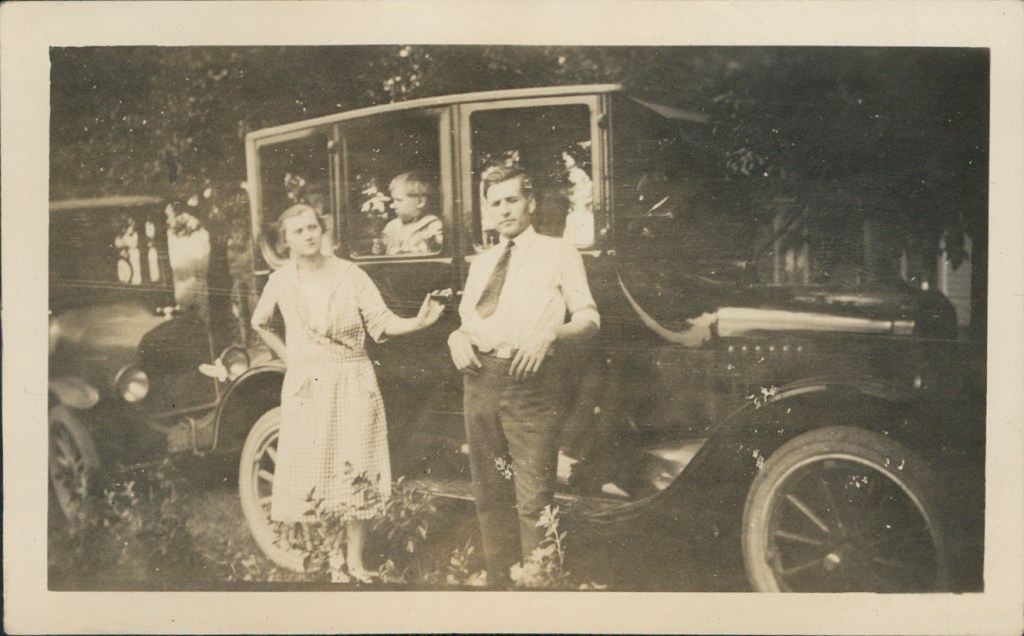Every day it seems I stumble upon a new word or phrase I’ve never heard of, like this one from a Dear Amy advice column: “I don’t want to recreationally hurt his feelings by telling him I’m not comfortable with him anymore. . .” Is she hurting his feelings on the pickleball court? Hard to know. (Not only do I learn new words from Amy’s column, but I also learn about new social trends, like brides wanting everyone at the wedding to wear the same color. It’s a new world out there.)
Along with the world changing too fast—social media, polarized politics, a warming planet, increasing prices in food and gas, TV shows that don’t make sense to a 74-year-old, and new trends in weddings–is language, pushed by social media where everyday speech must be evolving at a dizzying pace. I say “must” because I don’t follow most social media. I’m not on Snapchat or X. I assume the words and phrases I find in my daily New York Times or New Yorker originate on these platforms or somewhere equally obscure to me.
As someone who spent most of her life devoted to language—writing, editing and reading—I feel overwhelmed by all the new words and phrases but also intrigued. I learn about our changing world through new language; I discover what people are concerned or obsessed about. I love doomscrolling, because it so perfectly describes our obsession with reading bad news.
I thought quiet quitting referred to leaving a job without officially resigning, like not showing up for work one day. But I’ve since found out it means doing the minimum amount of work. I can sympathize with workers who feel estranged from their corporate employers that don’t care or respect them. And we’ve all been ghosted, even if we didn’t have the name for being dropped unknowingly from relationships.
The first time someone sent me an LOL, I thought the person was sending lots of love, which was a little strange from a person I didn’t know well. Still, I was pleased that she liked me. I probably sent a whole lot of love to acquaintances before I figured that one out, but I’m sure the world has since moved on with a whole new repertoire of words that I will use wrongly and make a fool of myself. I have to pause and think when a form asks if I’m BIPOC or Cisgender or which pronouns I want.
What if I choose wrongly? Could I accidentally identify myself as a cat-hating, pro-Estonian witch worshipper and then get doxed? Have my address made public, so cat lovers show up at my house and pelt it with cat poop? Or sneak my picture on Facebook wearing a witch’s hat? It’s so easy in this world now to accidentally post something offensive and provoke someone or a group that exposes—doxes—you in social media.
Language has always been touchy. I remember, in the 1970s, a heated argument at the liberal newspaper where I worked about whether Black should be capitalized or not. In the following years black and African-American were generally accepted. But now language is speeding along at the rate of a new meme daily. It’s taken me a long time to comprehend that word. When a friend who doesn’t own a computer asked me to define meme, I could only give him a few examples that may or may not have been accurate.
But I felt like I was reading a foreign language when I read a recent article in the New York Times about an influencer (that’s a whole other topic):
At her first full-time job since leaving influencing, the erstwhile smoothie-bowl virtuoso . . .
Although I have no idea what a smoothie-bowl virtuoso is, I find it intriguing that the writer combined the archaic erstwhile (from the 1500s—I looked it up) with a modern (I assume) phrase, although, as far as I know, smoothie bowl might be equally archaic.
Should I try to learn these new phrases, or will they pass as quickly as the next meme?
. . . wellness culture, a warm-blooded mood board of Outdoor Voices workout sets, coconut oil and headstands.
Others dismissed the workshops as out of touch, even appropriative.
Even though I found a definition for mood board (a collage of various items, as scenic snapshots, song lyrics, and mementos, used to evoke a desired feeling, style, or ambience for a project or event, and often fashioned as a starting point from which to create an inspiration board), I don’t know what the Outdoor Voices are saying. I guess I’m just another victim of an aging brain.
And I can guess what “appropriative” refers to, but not to a phrase used in another article: adaptogenic latte, although I have to wonder if I accidentally drank one.
Others I admire, like the puff of ashwagandha:
Still, her post count never slipped. So it was a shock to her fans and haters alike when, in a puff of ashwagandha, she disappeared from posting in 2019.
And did she ever come back, perhaps in a puff of Reishi mushrooms?
